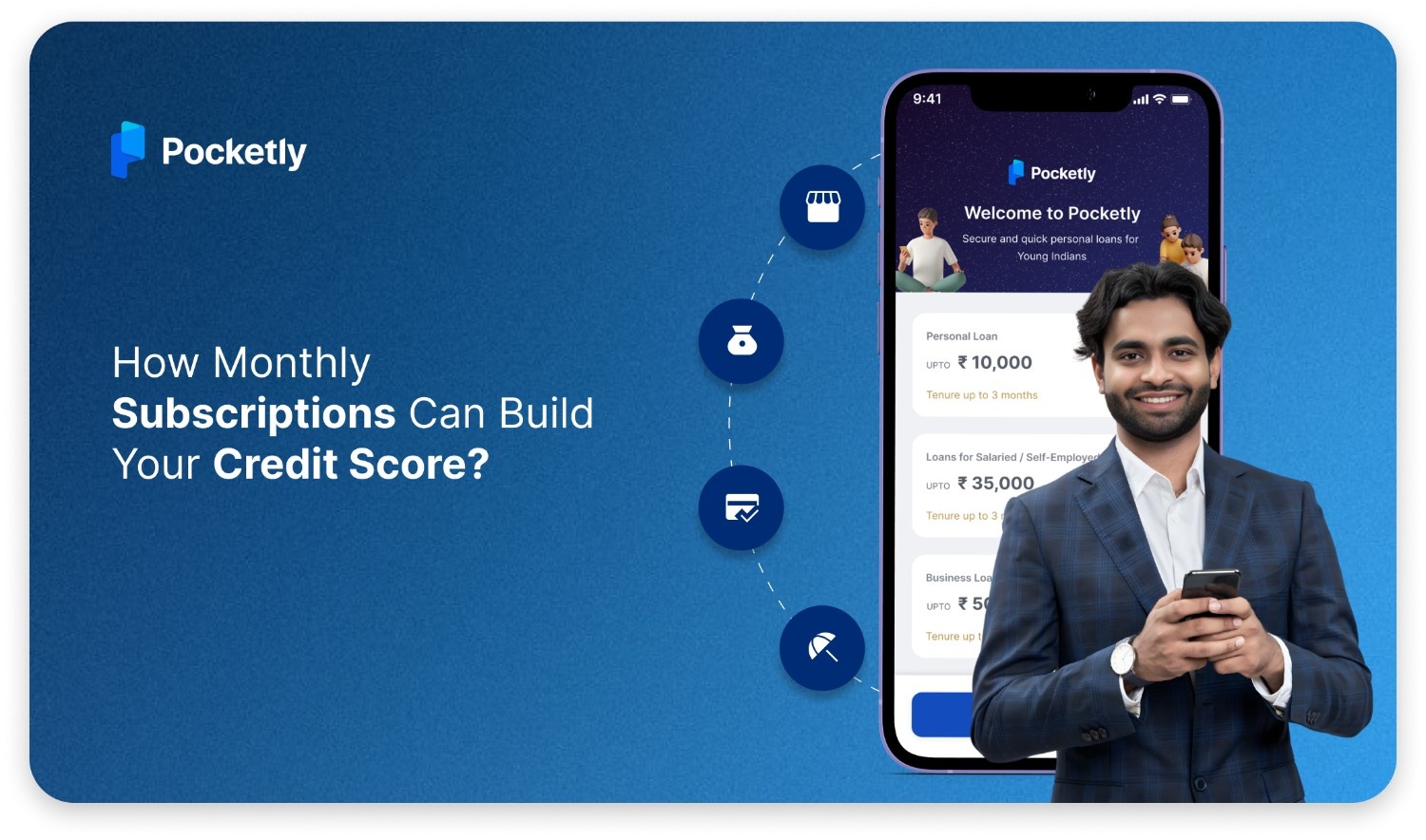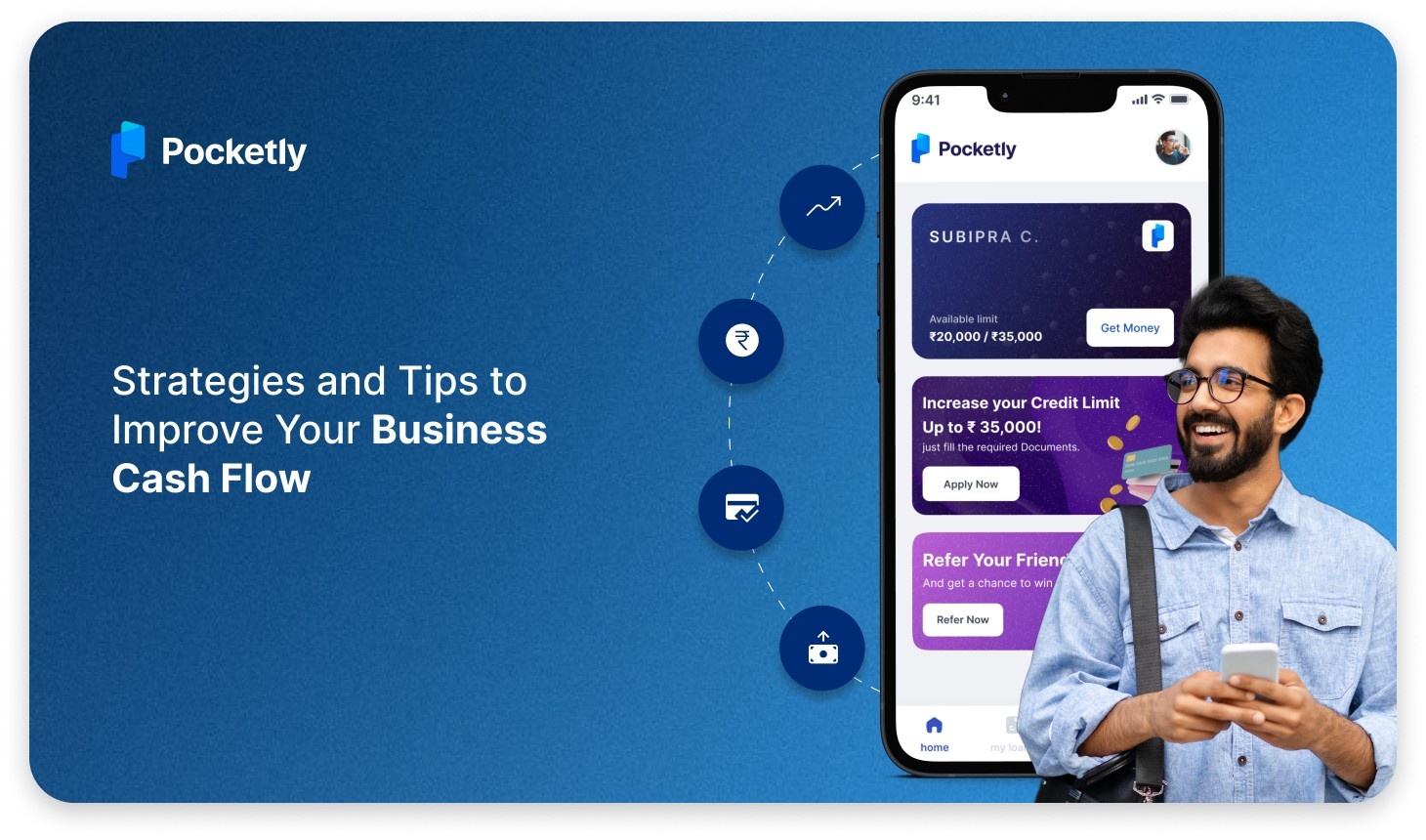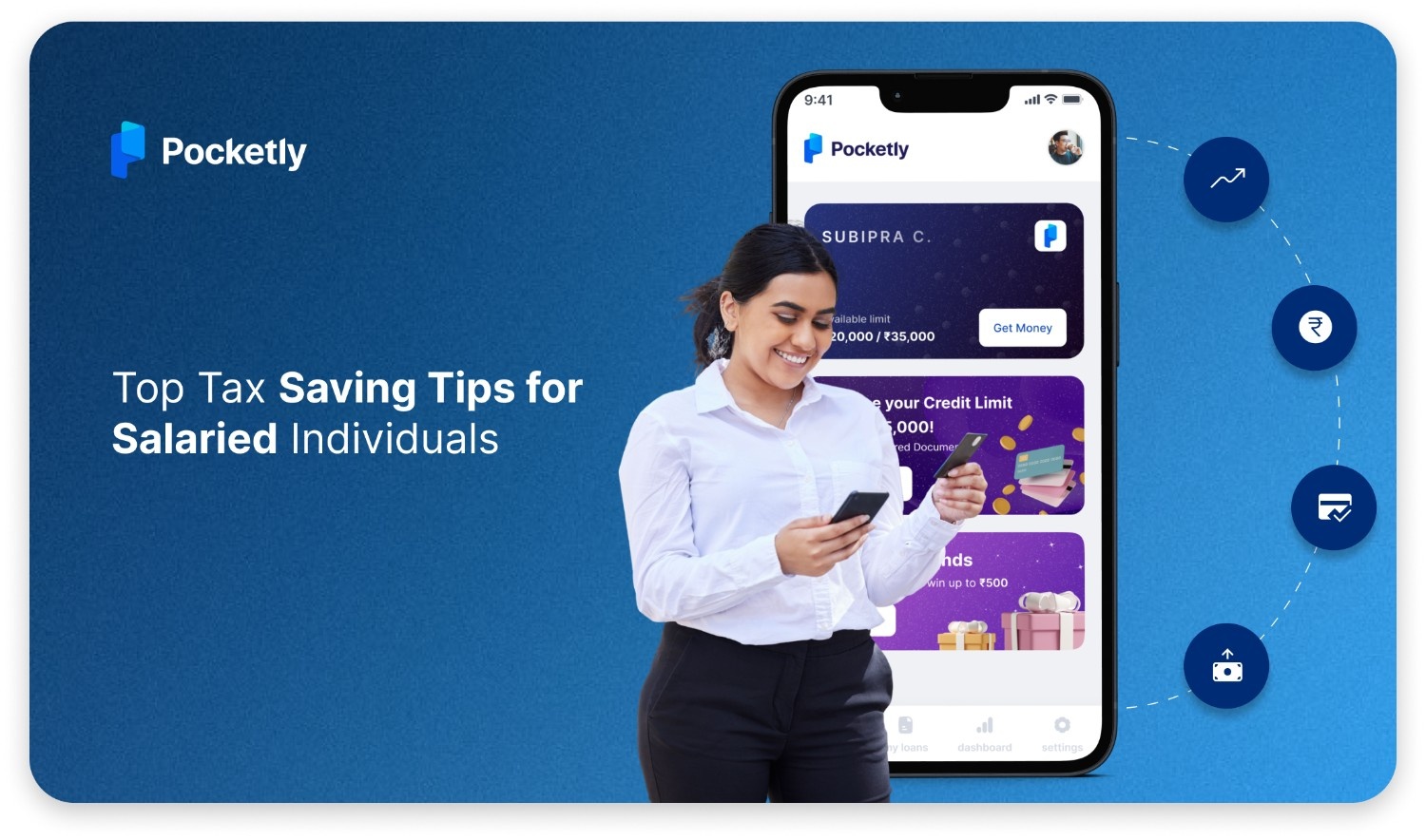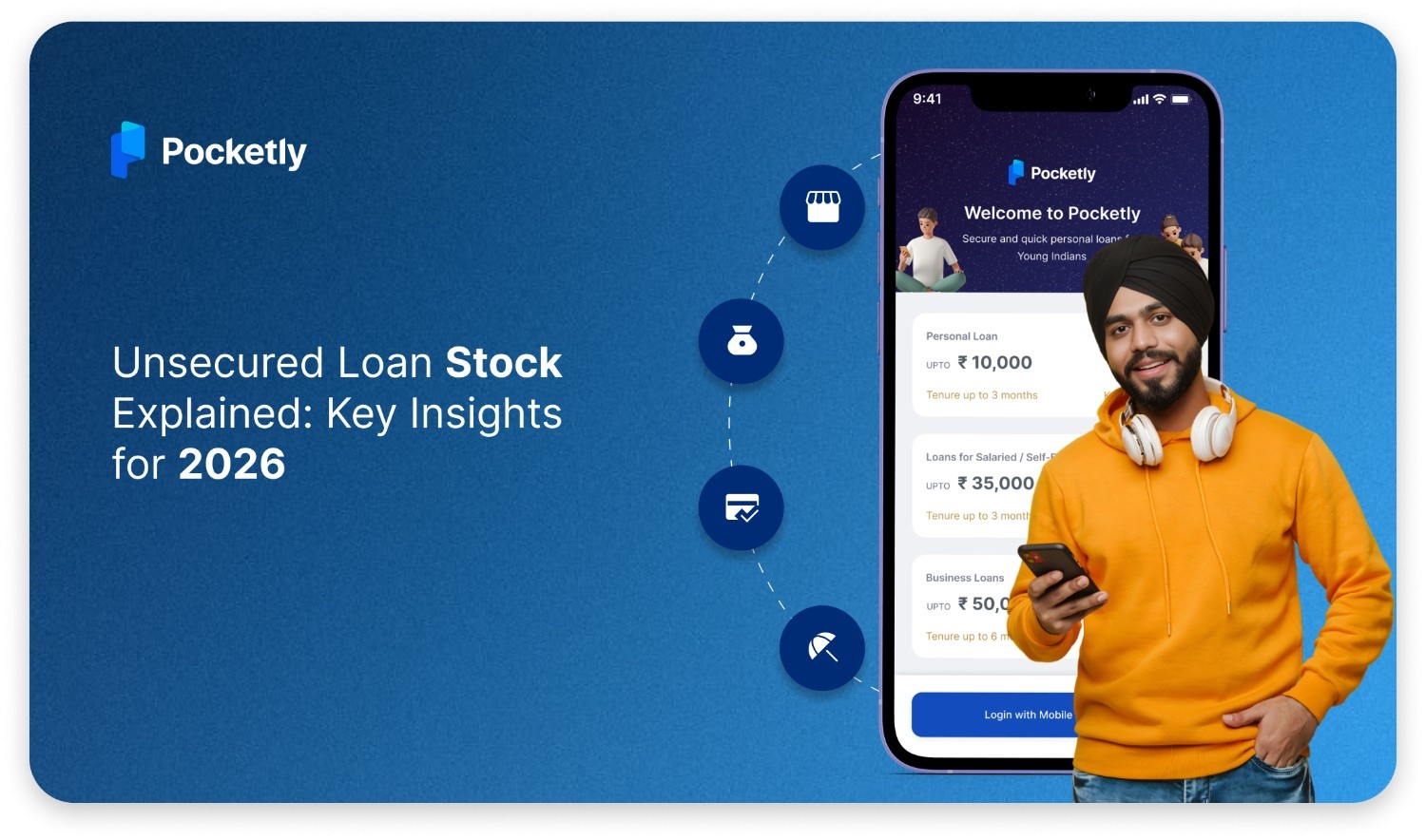You’re deep into your college project, brainstorming ideas with your partner over a cup of chai at your favorite café. You’ve got the vision and excitement, but as you start discussing your plans, you realize you need a bit of extra cash to buy materials and tools. Suddenly, that carefree vibe shifts as you both wonder how you’re going to fund this awesome project.
In that moment, you realize how crucial it is to have a solid handle on your finances. Whether it's for a project, a night out with friends, or saving for something special, managing your money can make all the difference.
But don’t worry! Mastering your personal finances doesn’t have to be overwhelming. With a few simple money management tips, you can take control of your finances and ensure you have the funds when you need them most.
Let’s learn some practical strategies that will not only help you manage your money better but also give you the freedom to enjoy your college life without financial stress.
How to Manage Your Money Better
Managing your money effectively is all about making informed choices and staying organized. It’s not just about crunching numbers; it’s about creating a financial strategy that works for your lifestyle and goals. Whether you’re saving for a new gadget, planning a weekend getaway, or simply trying to stretch your monthly budget, developing good money management habits can empower you to take control of your finances.
Let’s dive into some actionable tips that will help you manage your money better and pave the way for a secure financial future.
1. Create a Comprehensive Budget
Creating a budget is like drawing a roadmap for your finances. It helps you see where your money is coming from and where it’s going. Think of it as a tool to guide you toward your financial goals and ensure you’re not caught off guard when unexpected expenses arise.
- Write Down Income Sources:
- Start by listing all your income sources, such as your salary, bonuses, benefits, and any reimbursements. This will give you a clear picture of how much money you have to work with.
- Compare Income to Expenses:
- Next, take a look at your total income and compare it to your expenses. This step is crucial to ensure that your income covers all your needs. If you find that you're overspending, it’s time to make some adjustments.
- Examples of Categories to Include:
- Break down your expenses into categories like housing, utilities, groceries, transportation, and entertainment. This will help you see where your money is going and identify areas where you can cut back if needed.
- Keep Your Budget as a Living Document:
- Your budget isn’t a set-it-and-forget-it tool. Keep it dynamic by updating it regularly to reflect changes in your income or expenses.
Benefit:
- A well-structured budget can provide peace of mind, reduce financial stress, and help you stay focused on your financial goals.
2. Track Your Spending
Tracking your spending is essential for gaining control over your finances. It’s like having a personal assistant that keeps you accountable and aware of your financial habits.
- Use Money Management Apps or Tools:
- Leverage technology to track your spending across different categories. Apps like Mint or YNAB can help you stay on top of your expenses without the hassle of manual tracking.
- Identify Non-Essential Spending:
- Look for areas where you might be overspending, such as dining out, entertainment, or those daily coffee runs. Being aware of these non-essential expenses can help you make more informed choices.
- Compile and Analyze Spending Habits:
- Regularly reviewing your spending habits will create awareness and allow you to adjust your budget accordingly. This practice can also help you identify patterns and make better decisions in the future.
Benefit:
- By tracking your spending, you’ll gain insights into your financial behavior, which can lead to smarter spending decisions and better money management overall.
3. Build Up Your Savings
Building up your savings is crucial for achieving financial stability and preparing for unexpected events. It’s all about creating a safety net for yourself.
- Create an Emergency Fund:
- Aim to save at least three to six months’ worth of living expenses in a separate account. This fund will help you handle unforeseen circumstances without going into debt.
- Make Automatic Contributions:
- Set up automatic transfers from your checking account to your savings account. Treat saving like a monthly bill to encourage consistent contributions.
- Set Small, Achievable Short-Term Savings Goals:
- Start with smaller savings goals, like saving for a new gadget or a weekend trip. Achieving these goals can motivate you to save more and build good habits.
Benefit:
- Having a solid savings plan not only provides peace of mind but also empowers you to pursue your goals without financial stress.
Also Learn: Understanding the Ideal CIBIL Score Range for Personal Loan Applications
4. Pay Bills on Time
Paying your bills on time is one of the simplest ways to stay on top of your finances and avoid unnecessary stress. It’s all about managing deadlines and keeping your financial obligations in check.
- Schedule Monthly Bill Payments and Set Up Automatic Bill Pay:
- Automate your bill payments to avoid the hassle of remembering due dates. Set up automatic payments for recurring bills like utilities, rent, and subscriptions. This ensures you never miss a payment and can focus on other things.
- Avoid Late Fees and Improve Your Credit Score:
- Timely payments help you steer clear of late fees and penalties. Plus, consistently paying your bills on time has a positive impact on your credit score, which can be crucial for future financial needs like loans or credit cards.
Benefit:
- Paying bills on time helps you avoid extra costs and builds a solid credit history, leading to better financial opportunities down the road.
5. Cut Back on Recurring Charges
Recurring charges can sneak up on you, often unnoticed. Cutting back on these can free up cash and help you manage your budget more effectively.
- Review and Cancel Unnecessary Subscriptions to Services and Apps:
- Take a close look at your subscriptions and memberships. Cancel any that you no longer use or need. This can include streaming services, magazine subscriptions, or premium app features.
- Search for Free Community Activities to Replace Paid Entertainment:
- Look for local community events, workshops, or free activities that can replace paid entertainment. Many communities offer free or low-cost events that can be just as enjoyable.
- Plan Meals to Avoid Takeout and Save on Grocery Expenses:
- Meal planning can help you save money and eat healthier. By preparing meals at home and reducing the number of times you order takeout, you can cut down on food expenses and make your budget stretch further.
Benefit:
- Cutting back on recurring charges helps you save money and redirect it towards more important financial goals, making your budget more manageable.
6. Set Clear Financial Goals
Setting clear financial goals gives you direction and purpose with your money. It’s all about knowing what you want to achieve and creating a plan to get there.
- Start by Thinking About Both Short-Term and Long-Term Saving Goals:
- Define what you want to achieve in the short term, like buying a new gadget, and in the long term, like saving for a down payment on a house. Having a mix of goals helps keep you motivated and focused.
- Estimate How Much Money You’ll Need and How Long It Might Take to Save:
- Calculate the total amount needed for each goal and create a timeline for achieving it. This helps you break down your savings plan into manageable steps.
- Treat Savings as Another Monthly Bill to Encourage Consistent Saving Habits:
- Incorporate your savings goals into your monthly budget as a fixed expense. Treating savings like a non-negotiable bill ensures that you consistently contribute towards your financial objectives.
Benefit:
- Setting and achieving clear financial goals gives you a sense of accomplishment and helps you stay disciplined with your savings, leading to greater financial stability and success.
7. Invest Early and Often
Investing is one of the most effective ways to grow your wealth over time, and the earlier you start, the better. It’s not just about making a quick buck; it’s about building a solid financial future.
- Small Contributions to Investment Accounts Generate More Income Over Time:
- You don’t need to have a lot of money to start investing. Even small, regular contributions to an investment account can compound over time, leading to significant growth. The earlier you begin, the more you benefit from compound interest.
- Take Advantage of Employer 401(k) Matching Programs as 'Free Money':
- If your employer offers a 401(k) plan with matching contributions, make sure to take full advantage of it. This is essentially free money that can help you build your retirement savings faster. Contributing enough to get the full match is a no-brainer!
- Explore Options Like Bonds, Mutual Funds, Real Estate, and Stocks for Long-Term Goals:
- Diversifying your investments across different asset classes can help mitigate risk and enhance potential returns. Consider options like bonds for stability, mutual funds for diversification, real estate for long-term appreciation, and stocks for higher growth potential.
Benefit:
- By investing early and consistently, you set yourself up for long-term financial success, creating opportunities for wealth accumulation that can help you achieve your dreams, whether it’s buying a home, starting a business, or retiring comfortably.
Let’s understand this with a real life based example:
The Power of Early Investing
Meet Priya and Ravi. Both are 25 years old, but they take different approaches to investing.
- Priya starts investing ₹15,000 a month in a retirement account at age 25.
- Ravi waits until he's 35 to start investing the same amount.
By the time they both turn 60, let’s see how their savings have grown:
| Age Started Investing | Monthly Contribution | Total Contributions | Value at Age 60 (7% annual return) |
| Priya (Age 25) | ₹15,000 | ₹63,00,000 | ₹2,84,61,000 |
| Ravi (Age 35) | ₹15,000 | ₹45,00,000 | ₹1,35,70,000 |
Thus, Priya's early start gave her an extra 10 years of growth, resulting in more than double Ravi's retirement savings. This example highlights how starting early gives your investments time to compound, leading to significantly higher returns.
And remember, tools like Pocketly can help you bridge the gap when unexpected expenses arise, ensuring you stay on track with your financial goals. Start early, invest often, and explore how Pocketly can support you along the way.
Also Learn: Best Instant Personal Loan Apps in India 2024
How Pocketly Helps You Get the Funds You Need
Picture this: you’ve set your sights on a big goal, like starting a side hustle or covering unexpected expenses, but you're short on cash. That’s where Pocketly swoops in to save the day!
- Easy and Quick Access: With Pocketly, getting the funds you need is easy. Their app is designed to be super user-friendly. No complicated forms or endless paperwork—just a simple, straightforward application process. You can apply for a loan right from your phone, making it as easy as ordering your favorite coffee.
- Fast Approval: Once you’ve hit submit, Pocketly’s efficient system gets to work. You won’t be left hanging for days. Instead, you’ll receive a quick decision, so you know exactly where you stand. It’s all about getting you the money you need without the wait.
- Flexible Repayment: Worried about how to fit loan repayments into your budget? Pocketly offers flexible repayment options that adapt to your financial situation. Whether you need a bit of extra time or a shorter term, you can choose a plan that fits comfortably within your monthly budget.
- No Hidden Fees: Transparency is key with Pocketly. You won’t encounter any surprise charges or hidden fees. What you see is what you get, so you can borrow with confidence, knowing exactly what you’re agreeing to.
- Instant Funds: Need money in a pinch? Pocketly ensures that once your loan is approved, the funds are transferred to your account quickly. Whether it’s for a spontaneous opportunity or a pressing need, you’ll have access to your money exactly when you need it.
In short, Pocketly makes borrowing simple, quick, and transparent, helping you manage your finances with ease and confidence.
Conclusion
Taking control of your finances doesn't have to feel overwhelming. Implementing these money management tips, you’re not just learning to save; you’re building a solid foundation for your financial future. Whether it’s creating a budget, tracking your spending, or starting to invest, every small step counts.
Remember, managing your money is a journey, not a sprint. The earlier you start, the more empowered you’ll feel in making financial decisions that align with your goals. And if you ever find yourself in need of a little extra cash to kickstart your savings or investments, Pocketly is here to help!
With its user-friendly app and quick approval process, Pocketly can provide you with the funds you need, right when you need them.
So why wait? Take that first step toward financial freedom today—Apply now with Pocketly and unlock your potential!
FAQs
What are the 5 Basics of Personal Finance?
What are the 5 Basics of Personal Finance? The five basics of personal finance are earning, saving, investing, spending, and protecting your money. These principles help you build a strong financial foundation. While it’s crucial to stick to these basics, unexpected expenses can arise. Pocketly can assist by offering instant loans for emergencies, allowing you to handle unforeseen costs without derailing your savings or investment plans.
What is the 50/30/20 Rule for Managing Money?
The 50/30/20 rule is a simple budgeting method where 50% of your income goes to needs, 30% to wants, and 20% to savings or debt repayment. While it's important to stick to this plan, unexpected expenses can sometimes throw you off track. Pocketly can help by providing flexible, small loans that can cover unforeseen costs, allowing you to maintain financial balance without disrupting your savings or debt repayment goals.
How do you manage money in Personal Finance?
Managing money involves budgeting, saving, investing, and spending wisely. While these practices form the foundation of good financial management, unexpected expenses can sometimes occur. Pocketly provides easy access to instant loans, helping you handle these surprises without disrupting your financial plans. This ensures you can maintain a stable financial routine even when emergencies arise.
What are the Money Management tips for students?
For students, effective money management means budgeting carefully, avoiding unnecessary debt, and saving consistently. While it’s important to minimize debt, unexpected expenses can still arise. Pocketly offers small, manageable loans that can help cover educational costs or emergencies without the burden of high-interest debt. Additionally, timely repayment of these loans can contribute to building a positive credit history.
How to manage your finances while taking an Instant Personal Loan?
When taking an instant personal loan, it’s crucial to keep track of your budget and ensure you can meet your repayment obligations. Pocketly offers flexible repayment options that align with your financial situation, helping you manage your money effectively while still meeting your loan commitments.
What are the 5 money management tips for young adults?
- Create a Budget: Start by tracking your income and expenses. Use budgeting apps or spreadsheets to ensure you’re living within your means and saving for the future.
- Build an Emergency Fund: Set aside a portion of your income each month for unexpected expenses. Aim to save at least three to six months’ worth of living expenses.
- Avoid Unnecessary Debt: Be cautious with credit cards and loans. Only borrow what you can afford to repay, and focus on building a good credit score by making timely payments.
- Start Saving for Retirement Early: Take advantage of any employer-sponsored retirement plans or start investing in a personal retirement account. The earlier you start, the more time your money has to grow.
- Educate Yourself About Finances: Continuously learn about personal finance through books, online resources, or financial workshops. Understanding how to manage your money will set you up for long-term success.
How can you start building your credit score as a young adult?
You can start building your credit score by taking small, manageable loans through Pocketly and making sure to repay them on time. This shows responsible borrowing behavior, which can help boost your credit score and set you up for future financial success.
Can you use Pocketly for emergency expenses?
Yes, Pocketly is perfect for covering emergency expenses when you need quick cash. Whether it’s an unexpected bill or a last-minute purchase, you can get an instant loan through Pocketly, giving you the flexibility to manage your finances in a pinch.
Is Pocketly safe for young adults to Use?
Absolutely! Pocketly is built with your safety in mind, offering a secure platform for taking out personal loans. You’ll find the app transparent with no hidden fees, and you can trust that you’re borrowing in a secure, straightforward way.








